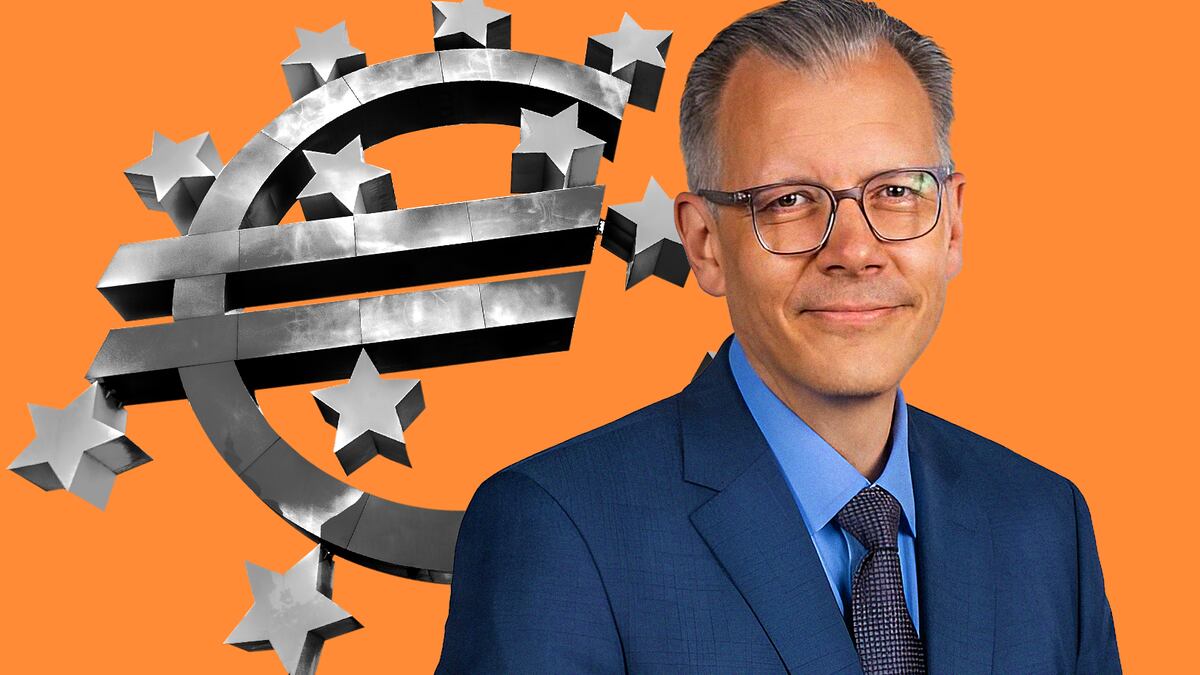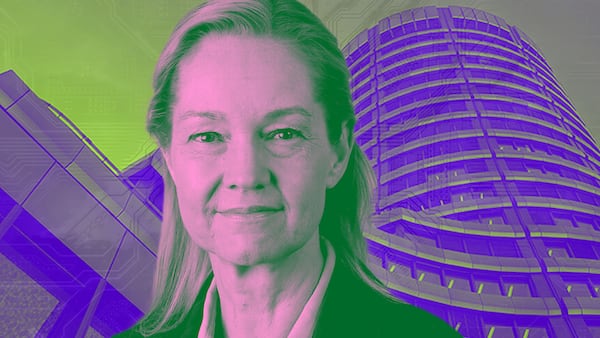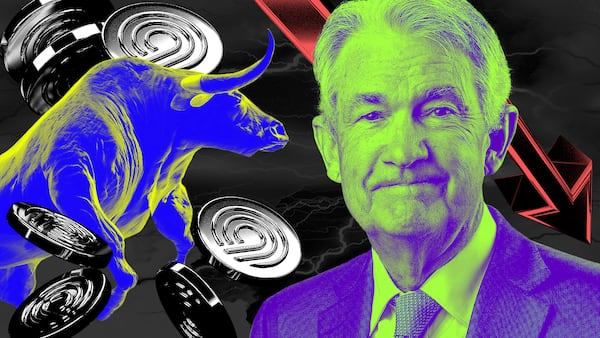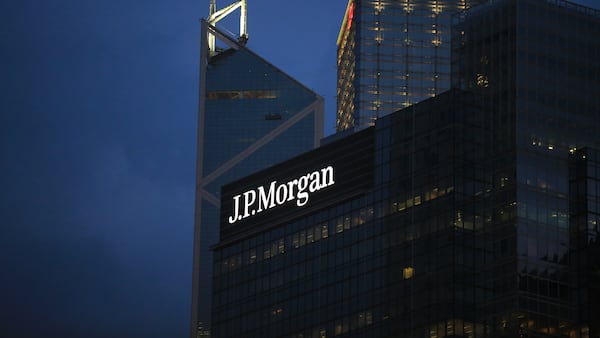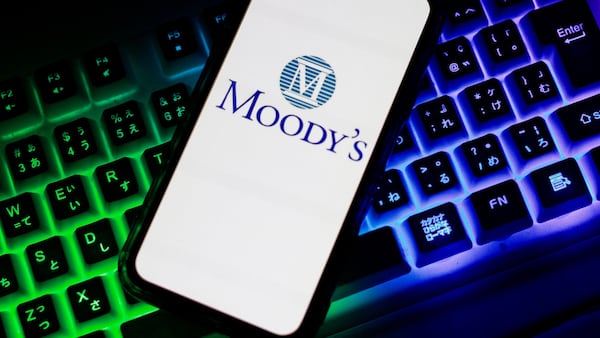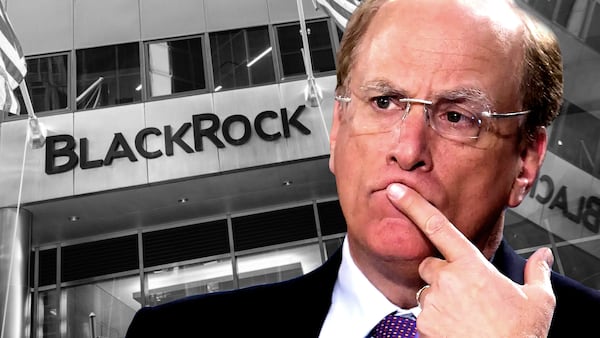- The European Central Bank is testing tokenisation of securities.
- Banks are trying to keep pace with asset management firms embracing the innovation.
- Central banks worry their role is being undermined by distributed ledgers.
In the latest sign tokenisation is picking up momentum, JPMorgan Chase, Deutsche Bank, and French giant BNP Paribas joined forces to work with the European Central Bank on a trial run.
The project is testing the use of blockchain technology for settling securities transactions.
The banks’ role comes as asset management powerhouses BlackRock and Franklin Templeton are moving forward with their own tokenisation efforts.
Tokenised assets may top $14 trillion by 2030, according to analysis by Oliver Wyman, the global consulting firm.
Early stages
Sixteen companies are taking part in the ECB’s tokenisation experiments.
The trials were announced in December, are still in their early stages, and will proceed until November.
Apart from banks, its participants include securities market infrastructure providers like Clearstream and Eurex, which will be providing the “rails” on which the project will run.
Clearstream is a subsidiary of Germany’s main stock exchange operator. It sees the trials as a springboard to broaden its existing offerings for digital securities.
That includes providing infrastructure for firms trading in tokenised securities, Jens Hachmeister, MD of issuer services and new digital markets at Clearstream, told DL News.
Pretend settlements
During the upcoming trials, the banks and infrastructure providers will experiment with actual and mock settlements in central bank money.
That will allow the ECB to understand how blockchain tech could merge with its own settlement systems, the bank said.
That’s especially urgent as tokenisation starts to take hold in financial markets.
“We try to look into the future and think on how forms of central bank money can remain fit for purpose,” Ulrich Bindseil, director general of market infrastructure and payments at the ECB, said in December when first announcing the trials.
Tokenisation takes hold
Tokenisation has captured the imagination of investment banks and the asset management firms they service. Tokenised bonds have reached $3.9 billion globally, with most issued since 2021.
Among other benefits, financial firms believe blockchains could facilitate speedier and less error-prone settlement.
Settlement is the part of a transaction that happens after a trade, where the buyer gets their asset and the seller gets their cash.
For many high-value transactions between financial giants, central banks provide that so-called cash “leg” that finalises trades.
As tokenised securities emerge, central banks worry that if they can’t find a way to tokenise that cash leg and more generally provide optimised settlement, their role in the global financial system will decline.
And that’s a problem, they say.
Central bank money is one of the safest assets there is, and maintains parity between buyers and sellers — as well as undergirding monetary policy.
Those worries have influenced the ECB trials.
“If central bank money isn’t fit for purpose any longer because we stuck exclusively to technology that is no longer demanded, then it will be used less and less,” Bindseil said. “And we may end up in a system where central bank money is marginal and the architecture of the monetary system becomes unstable.”
Other projects
The ECB’s trials are not the only such project of its kind.
Project Helvetia, for instance, is a multi-phase, Swiss-led project exploring similar concerns.
And in April, the Bank for International Settlements launched its own initiative, Project Agora, to explore how tokenisation can improve the functioning of cross-border payments.
The project has so far involved seven central banks, but the BIS announced on Tuesday that it was inviting private sector users to join Agora.
Reach out to the author at joanna@dlnews.com.
